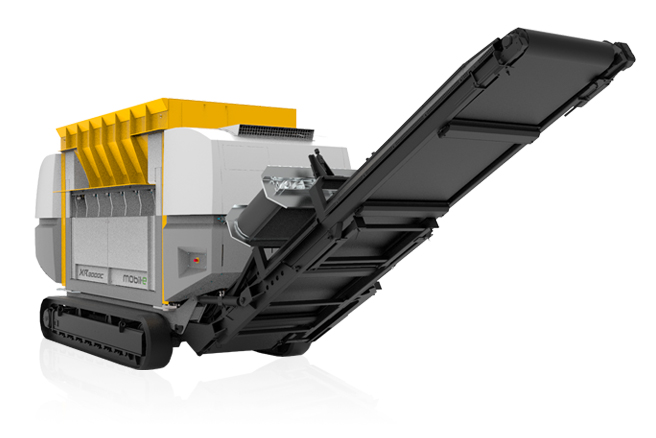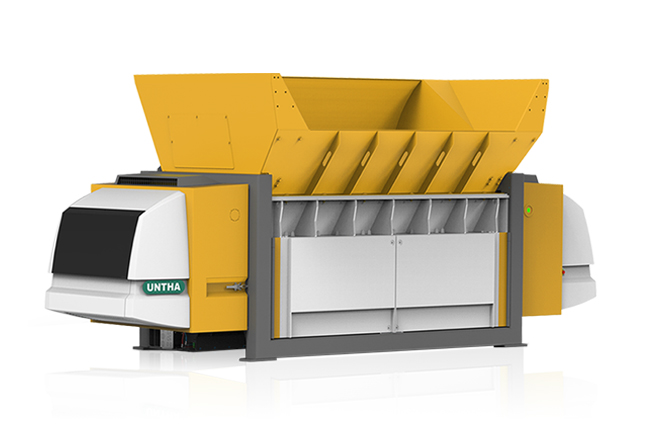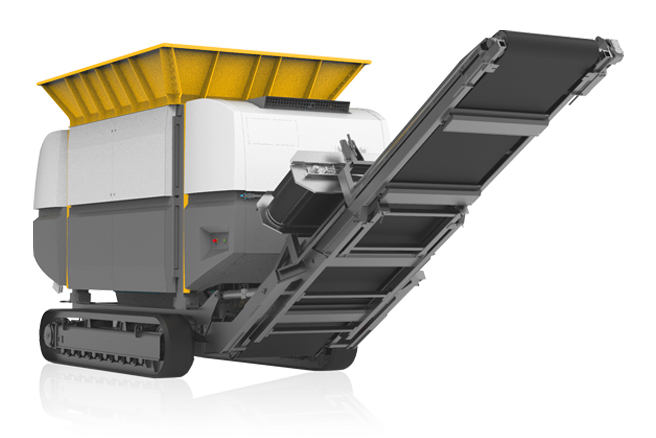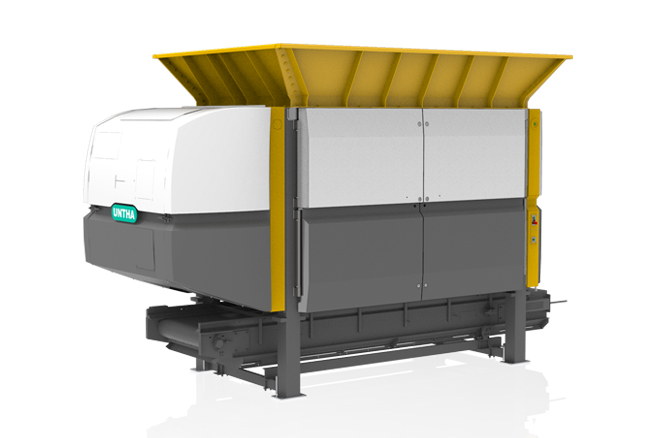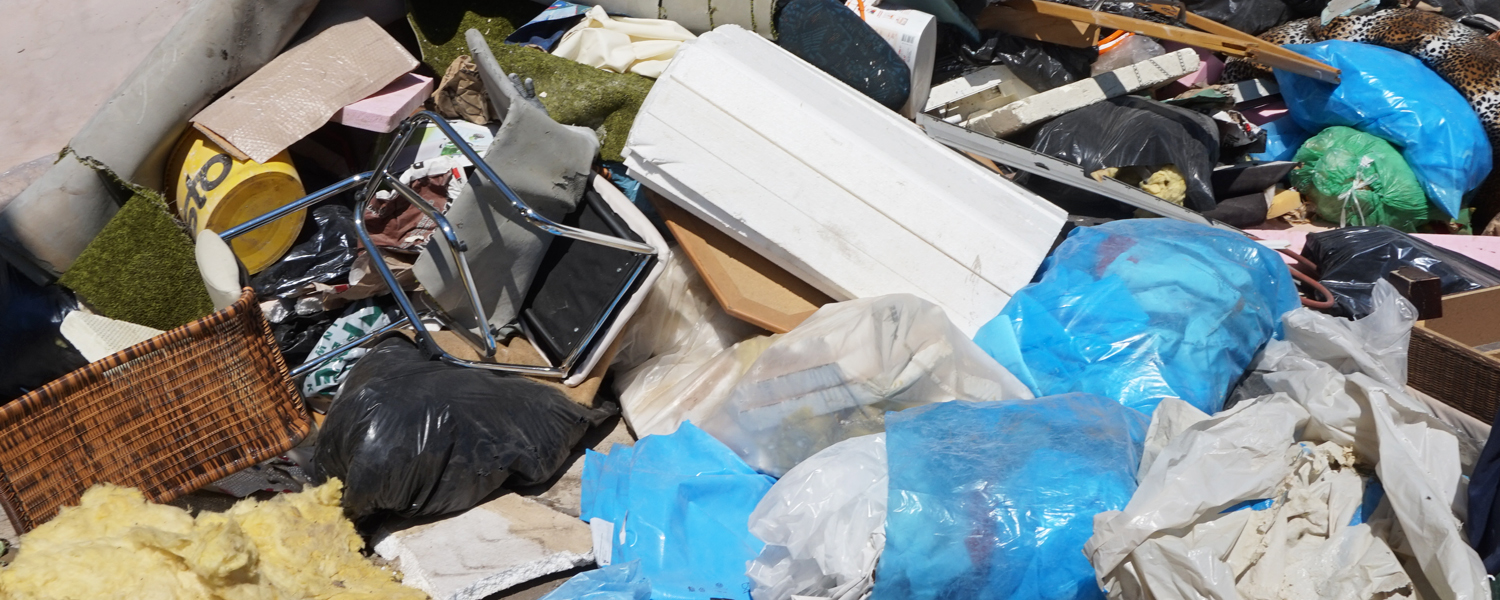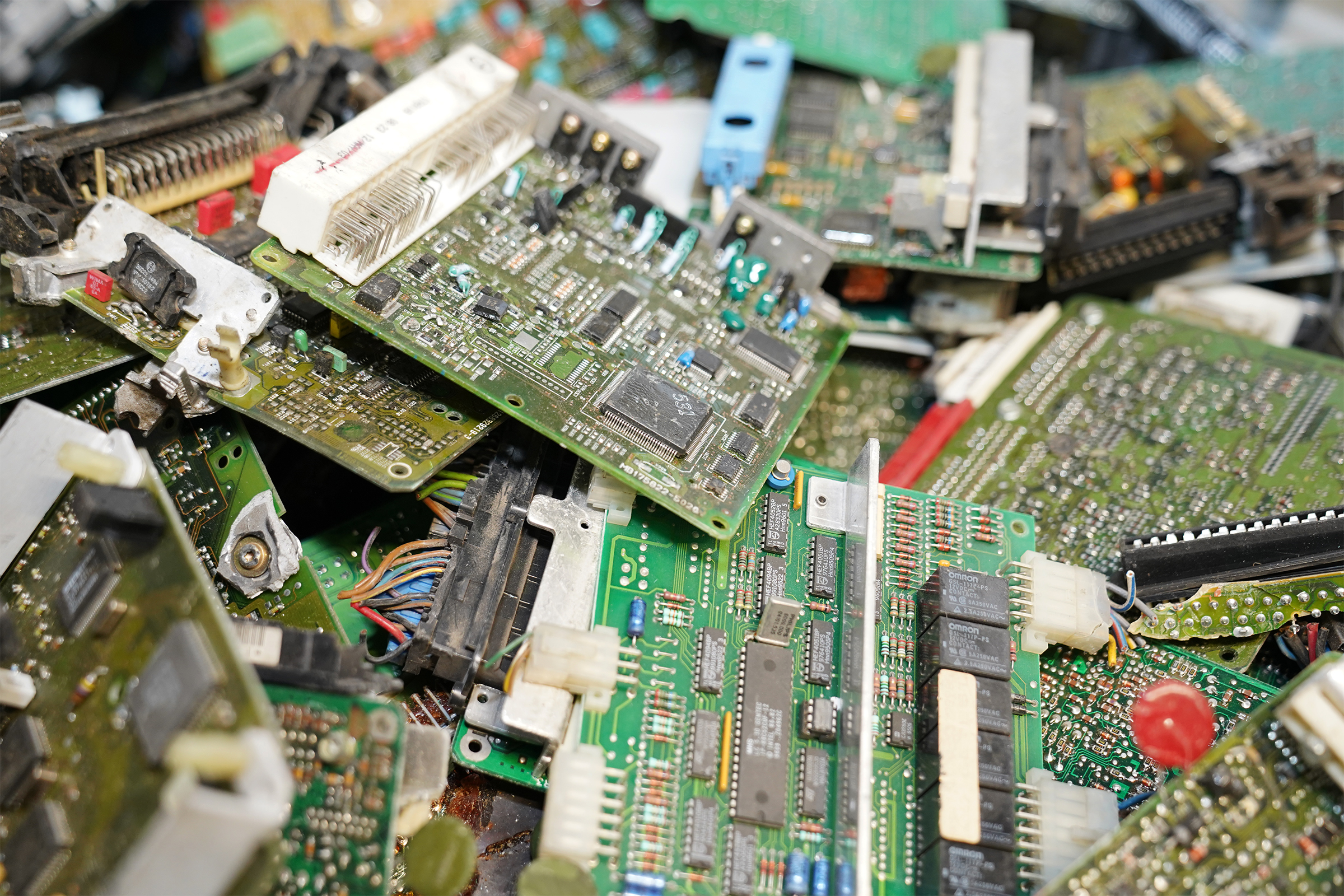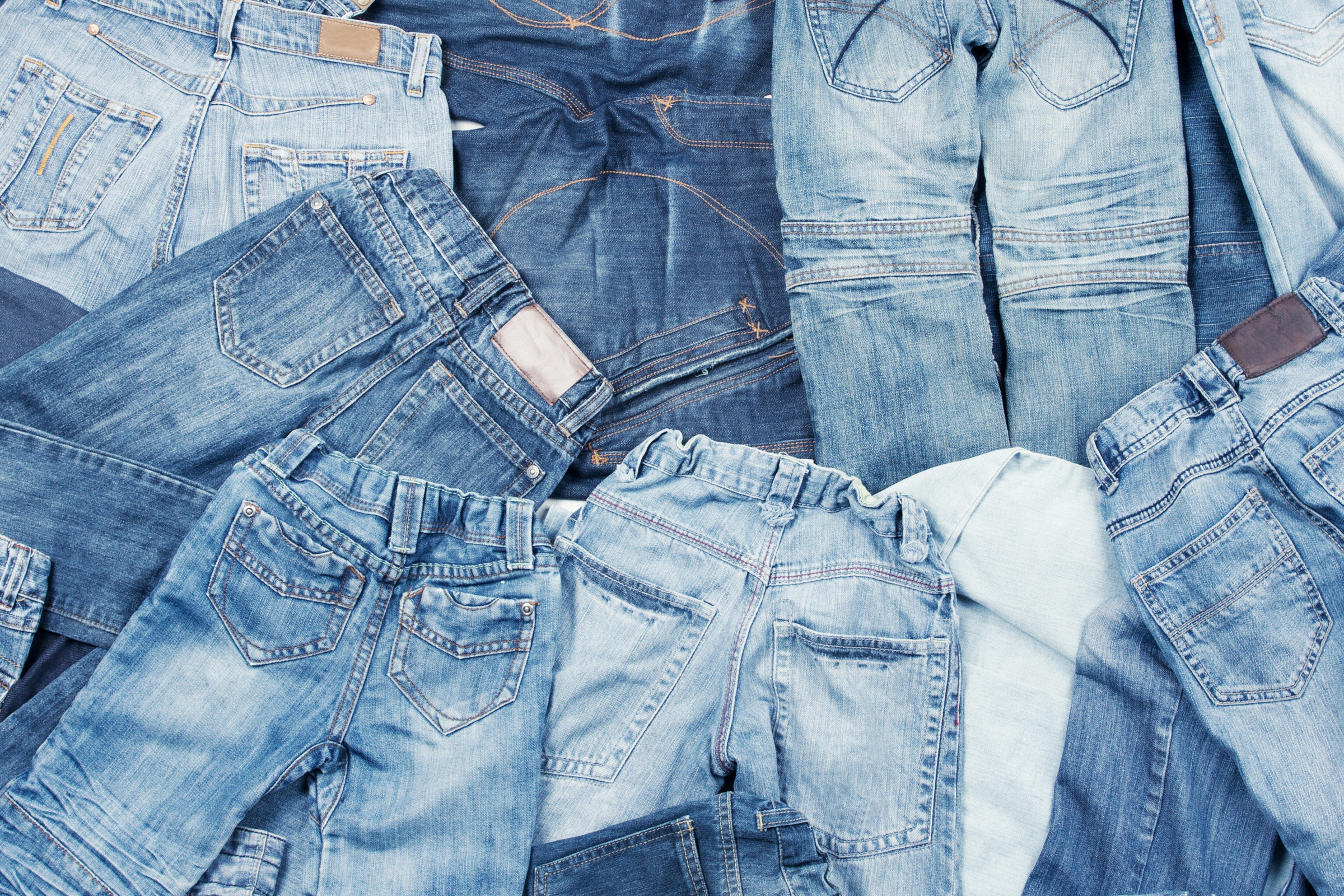Material
The C&I waste shredder helps waste management companies process commercial and industrial waste efficiently and cost-effectively into high-quality alternative fuels (AF). This homogeneous output material is used for thermal incineration in power plants and cement kilns.
The ability to customize the configuration of the XR waste shredder gives you the most efficient and flexible machine to successfully process this waste stream.
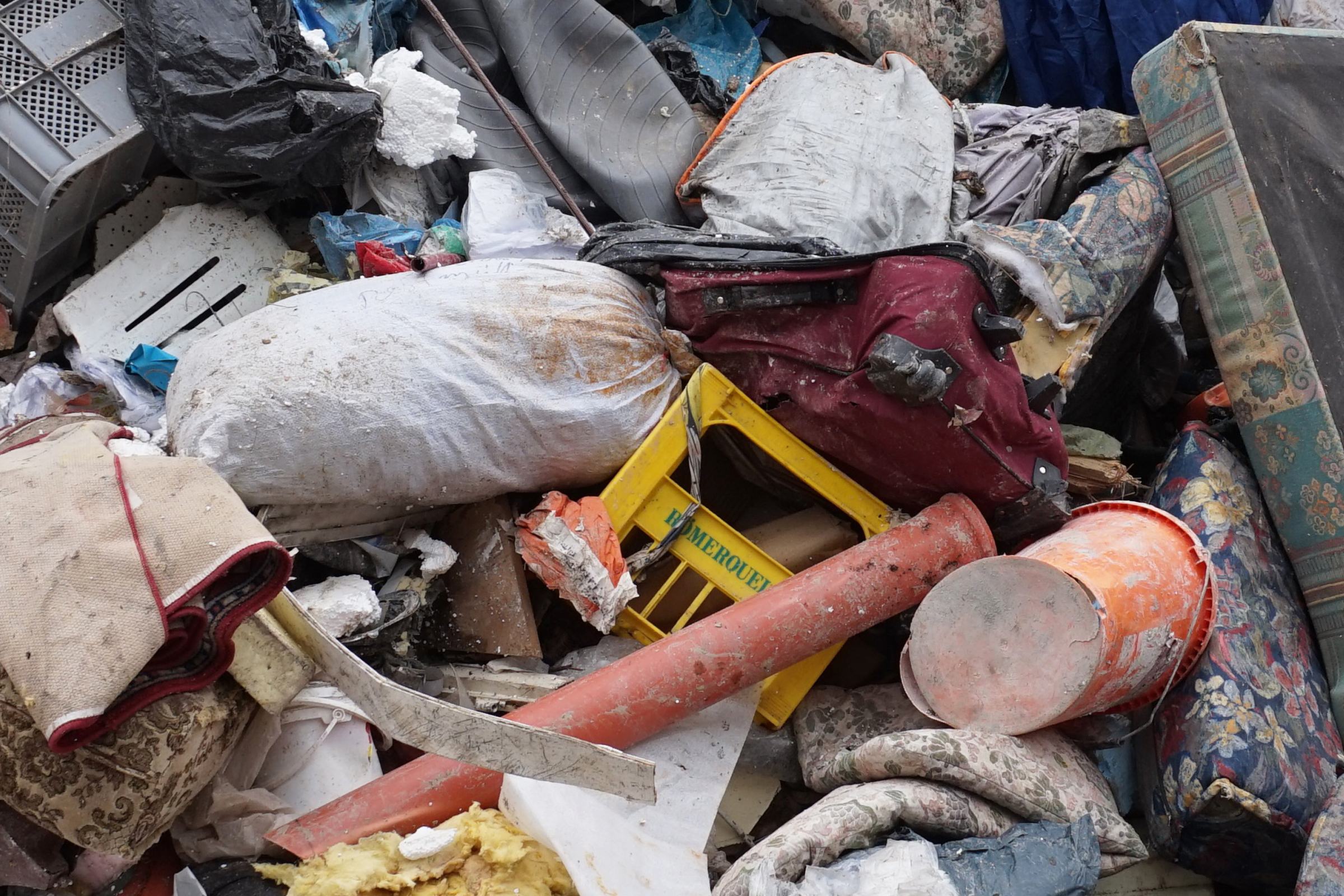
Find the right shredder
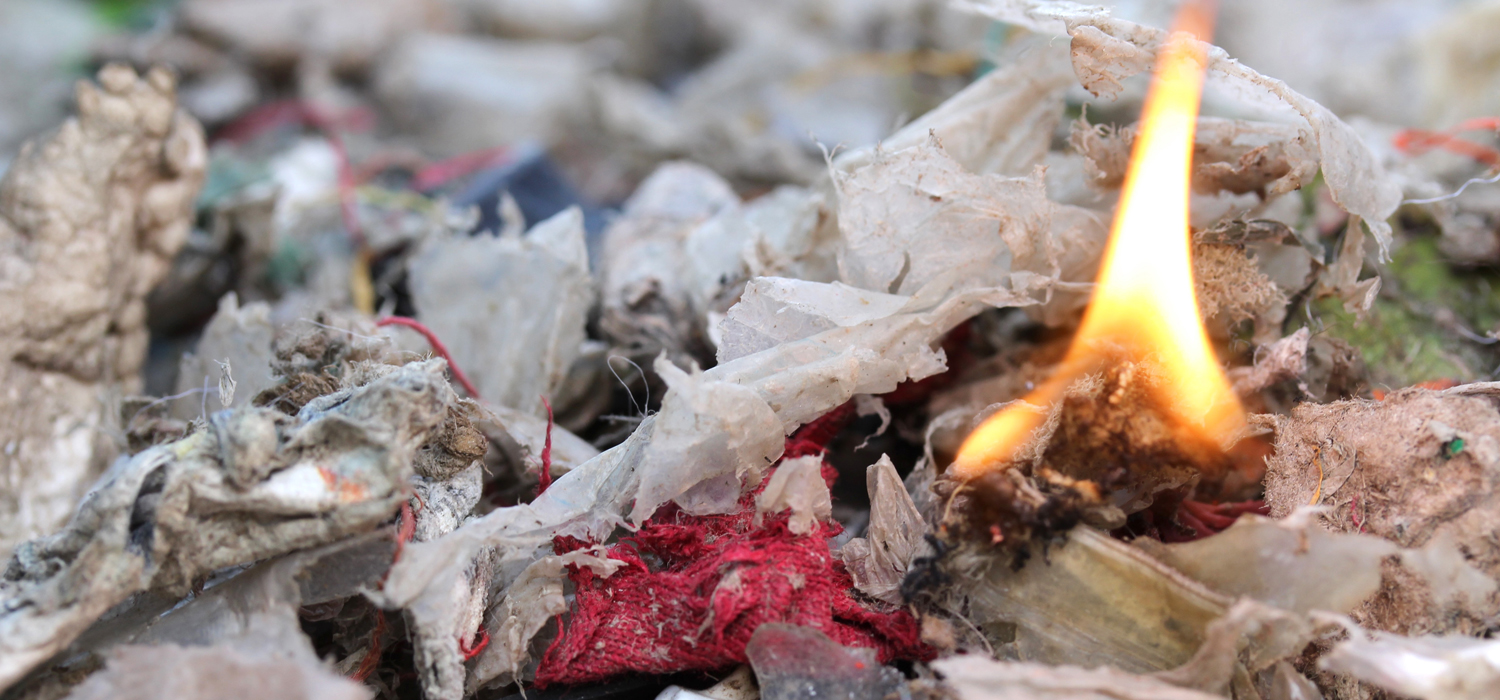
COMMERCIAL AND INDUSTRIAL WASTE SHREDDING
When processing C&I waste into a final product that fulfills the specifications of alternative fuels such as Refuse Derived Fuel (RDF) and Solid Recovered Fuel (SRF), our low-speed waste shredder provides various advantages. These benefits include lower energy consumption, reduced wear on the shredder, minimal dust and noise pollution, and improved safety due to slower operation.
Additionally, the waste shredder produces a more uniform and consistent particle size - even in a single step - which can lead to improved combustion and greater energy efficiency in power plants and cement kilns.
Overall, choosing the XR waste shredder can lead to cost savings, increased efficiency, and a reduction in environmental impact.
The ability of the UNTHA waste shredders to be configured to process specific waste streams, and its ability to produce a specific particle size makes this the perfect solution for this waste category.
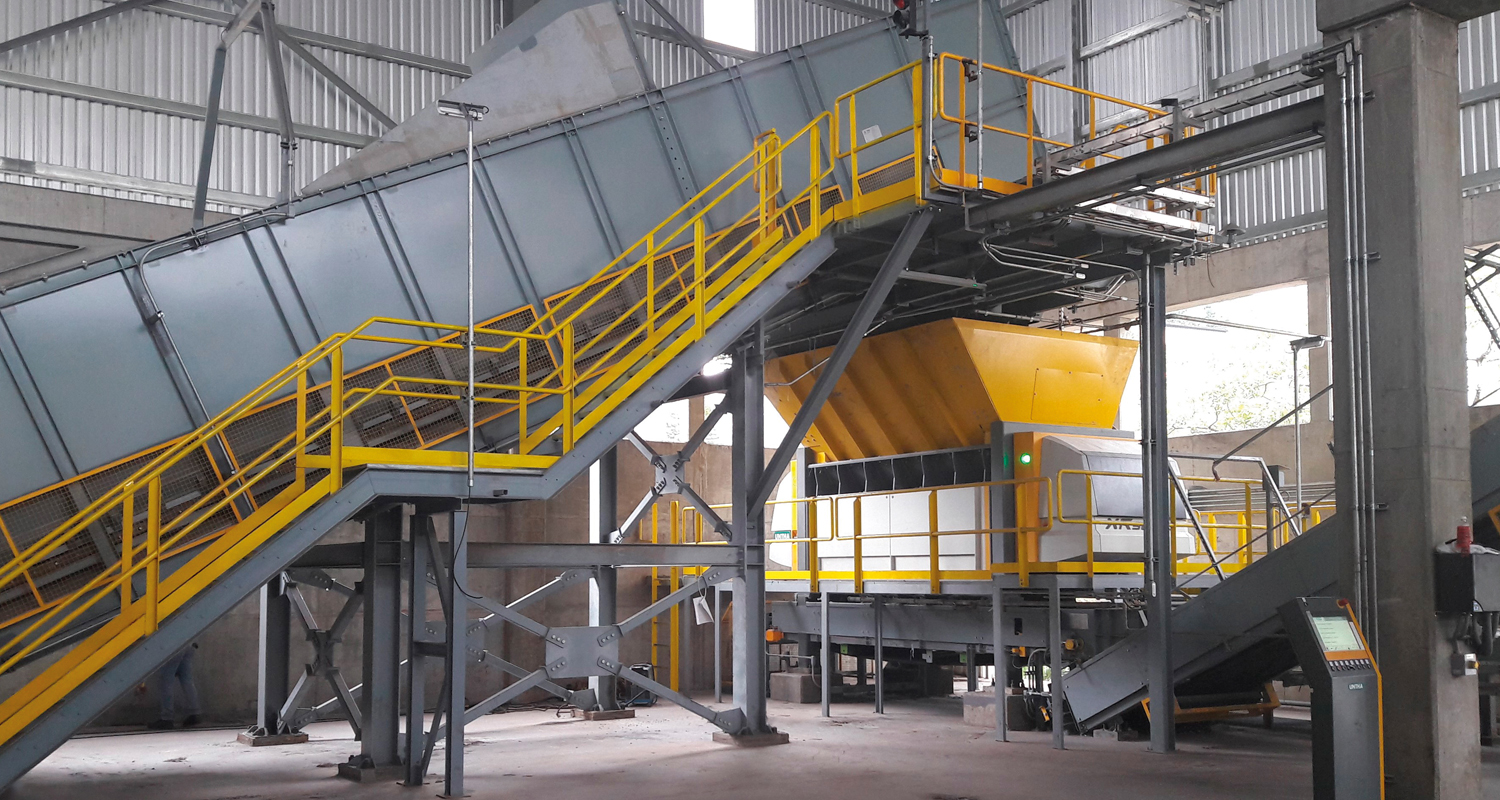
Customize the machine to match your specific requirements
The XR Series’ versatility and ability to be configured to a specific shredding job make it the perfect solution to satisfy a variety of alternative fuel markets. Whether you need it as a primary, secondary, or tertiary shredder, we can configure your XR to process your waste stream to meet even the most strict fuel specifications.
Waste shredded to < 6" (< 150 mm) is suitable for co-generation power plants with a standard solid fuel grate-fired furnace design, for Refuse Derived Fuel (RDF) fired plants, for material recovery facilities (MRF), and for mechanical biological treatment. Untreated commercial residential waste achieves an approximate calorific value of 3,870-4,730 BTU/lb. (9 – 11 MJ/kg.).
Substitute fuel sized to < 3" (<80 mm) is mainly used for co-incineration in the calciner end of the kiln in cement plants, for fluidized bed combustion, and for energy recovery in power plants. The calorific value of this sized fuel is determined to be approximately 6,450-7,740 BTU/lb. (15 - 18 MJ/kg.).
For injection furnaces in cement works and substitute fuel plants, on the other hand, a substitute fuel size of less than 1-1/4" (30 mm) is ideal. The solid recovered fuel (SRF) in the mixture for co-incineration in cement rotary kilns must have a calorific value of at least 7,740-9,460 BTU/lb. (18 - 22 MJ/kg.).
